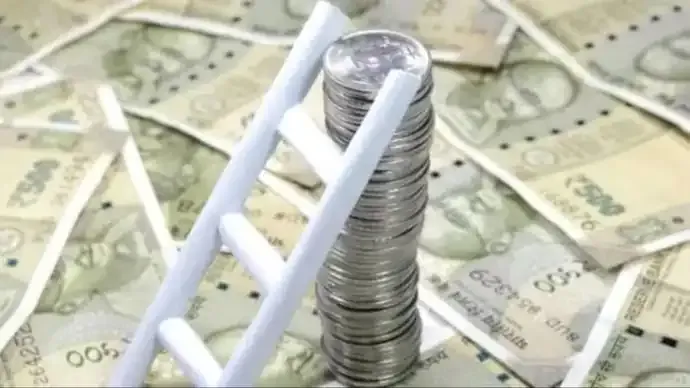Shopping cart
Your cart empty!
Terms of use dolor sit amet consectetur, adipisicing elit. Recusandae provident ullam aperiam quo ad non corrupti sit vel quam repellat ipsa quod sed, repellendus adipisci, ducimus ea modi odio assumenda.
Lorem ipsum dolor sit amet consectetur adipisicing elit. Sequi, cum esse possimus officiis amet ea voluptatibus libero! Dolorum assumenda esse, deserunt ipsum ad iusto! Praesentium error nobis tenetur at, quis nostrum facere excepturi architecto totam.
Lorem ipsum dolor sit amet consectetur adipisicing elit. Inventore, soluta alias eaque modi ipsum sint iusto fugiat vero velit rerum.
Sequi, cum esse possimus officiis amet ea voluptatibus libero! Dolorum assumenda esse, deserunt ipsum ad iusto! Praesentium error nobis tenetur at, quis nostrum facere excepturi architecto totam.
Lorem ipsum dolor sit amet consectetur adipisicing elit. Inventore, soluta alias eaque modi ipsum sint iusto fugiat vero velit rerum.
Dolor sit amet consectetur adipisicing elit. Sequi, cum esse possimus officiis amet ea voluptatibus libero! Dolorum assumenda esse, deserunt ipsum ad iusto! Praesentium error nobis tenetur at, quis nostrum facere excepturi architecto totam.
Lorem ipsum dolor sit amet consectetur adipisicing elit. Inventore, soluta alias eaque modi ipsum sint iusto fugiat vero velit rerum.
Sit amet consectetur adipisicing elit. Sequi, cum esse possimus officiis amet ea voluptatibus libero! Dolorum assumenda esse, deserunt ipsum ad iusto! Praesentium error nobis tenetur at, quis nostrum facere excepturi architecto totam.
Lorem ipsum dolor sit amet consectetur adipisicing elit. Inventore, soluta alias eaque modi ipsum sint iusto fugiat vero velit rerum.
Do you agree to our terms? Sign up

India’s wealthiest 1% have expanded their share of national wealth by 62% between 2000 and 2023, far outpacing most economies, according to a new G20-commissioned report led by Nobel laureate Joseph Stiglitz.
The study, supported by South Africa’s G20 presidency, highlights that inequality worldwide has reached levels that now endanger democratic stability, economic resilience, and climate cooperation.
The G20 Inequality Report, authored by an international panel including Jayati Ghosh, Winnie Byanyima, and Imraan Valodia, shows that wealth has concentrated heavily at the top since the turn of the century.
Globally, the top 1% captured 41% of all wealth created since 2000.
The bottom 50% received only 1% of new wealth during the same period.
The report warns that such extreme wealth concentration is no longer just a social or moral issue — it represents a “global emergency” with potential to destabilize democracies and stall sustainable development.
In India, the growth in wealth held by the richest 1% has outstripped even China, where the increase over the same period was 54%.
While the gap between developing and advanced economies has narrowed due to rapid growth in countries like India and China, inequality within nations has widened sharply.
The report finds that the richest 1% increased their share of total wealth in more than half of all countries, covering 74% of the global population.
Rejecting the notion that inequality is inevitable, the panel stresses that it stems from policy and political decisions, not from market forces alone.
“Extreme inequality is not an accident — it’s a result of deliberate political choices,” the report notes.
To address this, the experts propose establishing an International Panel on Inequality (IPI) — modeled after the Intergovernmental Panel on Climate Change (IPCC) — to provide governments with evidence-based guidance on reducing inequality.
The report underscores the growing social and economic risks linked to inequality:
Countries with high inequality are seven times more likely to experience democratic backsliding.
Poverty reduction has stalled globally since 2020.
2.3 billion people now face food insecurity, up by 335 million compared to pre-pandemic levels.
1.3 billion people are being pushed into poverty by medical expenses, reflecting the weakness of public healthcare systems.
The G20-backed analysis concludes that concentrated wealth at the top is not only socially unjust but economically destabilizing.
“Fixing inequality requires deliberate political action, not just economic growth,” the authors assert.
The findings call for progressive taxation, social protection reforms, universal healthcare, and stronger regulation of corporate monopolies to prevent the erosion of democratic and economic stability.
The G20 report serves as a wake-up call for policymakers in India and worldwide: economic growth without redistribution risks undermining the very foundations of democracy.
With the top 1% in India amassing unprecedented wealth, the need for inclusive growth, equitable taxation, and social investment has never been more urgent.
23
Published: Nov 04, 2025